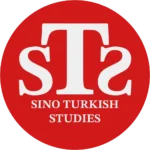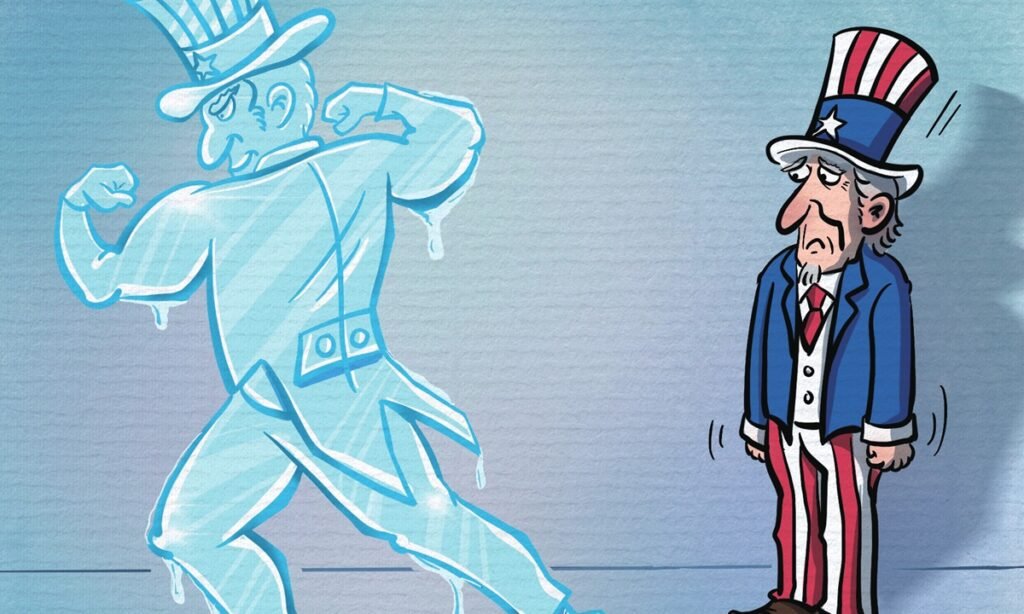Zhou Bo / Senior fellow of the Centre for International Security and Strategy at Tsinghua University
US Vice-President J.D. Vance’s speech at the recently concluded Munich Security Conference was an unexpected stab in the back for America’s appalled allies. Without any talk on how to end the war in Ukraine, he accused European capitals of betraying their values and ignoring concerns over immigration and free speech.
His comments prompted Ukrainian President Volodymyr Zelensky to say that “decades of the old relationship between Europe and America are ending”.
Along with US President Donald Trump’s talk about taking over Greenland, Canada and the Panama Canal, cuts to foreign aid and withdrawals from the World Health Organization and the Paris Agreement, Vance’s speech naturally begs the question: what comes next?
In the first month of his second term in office, Trump and his lieutenants have done more damage to America’s image than all his predecessors combined. For those who know China’s modern history, this looks like the American version of the catastrophic Cultural Revolution.
If this is the sunset of Pax Americana, it is also the dawn of a new era. The theme of the 61st Munich Security Conference was “multipolarization”. Compared with the themes of past conferences such as “Westlessness” and “Lose-Lose”, which are expressions of emotions, multipolarization points to the direction of the future. To reflect this reality, more Asian and African delegates have taken part in this Eurocentric conference in recent years.

If the US withdraws from the international system, China is moving in like a guardian of the rules-based order. In Munich, as a sharp contrast to Vance, Chinese Foreign Minister Wang Yi called for an equal and orderly multipolar world, saying China would be a factor of certainty in this system.
A unilateral America is the best glue for China and Europe to stick together. Europe can’t afford to have a trade war with China and tension with the United States at the same time. Before the conference, European Commission President Ursula von der Leyen said that there was room to strengthen trade relations and even “find agreements” with Beijing.
It is also in China’s interests to improve strained relations with Europe. China won’t view Russia through the prism of Europe, yet China does not need to sacrifice its relationship with Europe for Russia, either.
To alleviate Europe’s anxiety about the war in Ukraine, Beijing could best show its impartiality by supporting Kyiv’s inclusion in negotiations that have a direct bearing on its future. China can also champion a collective security guarantee by all major powers, including the European Union, once a ceasefire or armistice is reached.
If peacekeeping is needed to stabilize the situation, China – the largest troop-contributing country among UN Security Council permanent members – can lead in sending troops from the Global South. Russia would surely see any peacekeepers from Nato in Ukraine as wolves in sheep’s clothing. Given that China’s infrastructure-building efforts are second to none, Beijing can also help Ukraine’s post-war reconstruction.
Most importantly, China and the EU can join hands in safeguarding the rules-based order in a multilateral system. After all, Beijing has joined almost all existing intergovernmental organizations and international conventions. The challenge is for Brussels. China is officially described as a partner for cooperation, an economic competitor and a systemic rival at the same time.
Such a hodgepodge description tells more about Europe’s confusion about China than what China actually is. Thanks to Trump, the US should now look more like an economic competitor and a systemic rival than China does.

It is intriguing how Trump, so far, has shown a surprising degree of cordiality towards Beijing. This is seen in his invitation to President Xi Jinping to attend his inauguration and his call for China to help end the war in Ukraine.
His statement that Beijing and Washington could work together “to solve all of the problems of the world” is almost a reminder of former US president Barack Obama’s embrace of the Group of Two proposal. His 10 per cent tariff hike on China is lower than the delayed 25 per cent tariffs on Canada and Mexico.
Is this bowing before a duel? Regardless, Trump should know by now that his signature unpredictability is of little use when dealing with a peer competitor. His 10 per cent tariff on all Chinese products was met with Chinese retaliatory tariffs on select American imports. He most certainly knows China’s advances in some hi-tech areas have already surpassed America’s, as evidenced by his description of DeepSeek as “a wake-up call for [US] industries”.
Could China-US relations become less volatile in Trump’s second term? Although this businessman-turned-president is transactional, the legacy he left after his first term is ideological – a domestically bipartisan agreement on confronting China. This may not be what he wanted but China hawks like Mike Pompeo, Peter Navarro and Robert Lighthizer hijacked American policy towards China. Even former US president Joe Biden could not walk out of this trap.
This time, with a majority of Republicans in the US Congress and absolute power over his team, Trump is best positioned to change his own legacy if he wants to. The most interesting thing about Vance’s speech is what he didn’t say – he barely mentioned Russia or China except to say they are not primary threats and that Europe’s biggest threats come from within. Such silence is too loud to ignore.
Perhaps the commander-in-chief wants to keep all the Trump cards on top issues to himself? Time will tell if such speculation is merely a hallucination.
*This article retrieved from SCMP
Abroad Africa AI Beijing Belt & Road BLCU BRICS Burs China chinese CSC Culture Economy education Internship Korea Kültür Langauge movie Russia scholarship science Shanghai Sino Sino Turkish Sino Turkish Sino Turkish Sino Turkish Sino Turkish Studies Sino Turkish Studies Sino Turkish Studies Sino Turkish Studies space Syria Taiwan trump Turkiye Türkiye University USA USTC Xi Jinping Xinjiang ZJUT Çin





